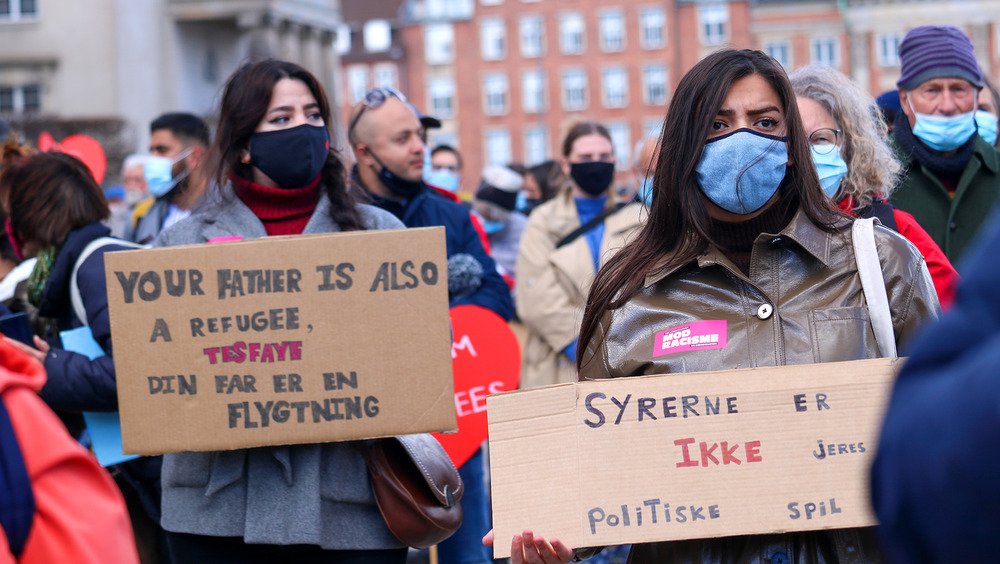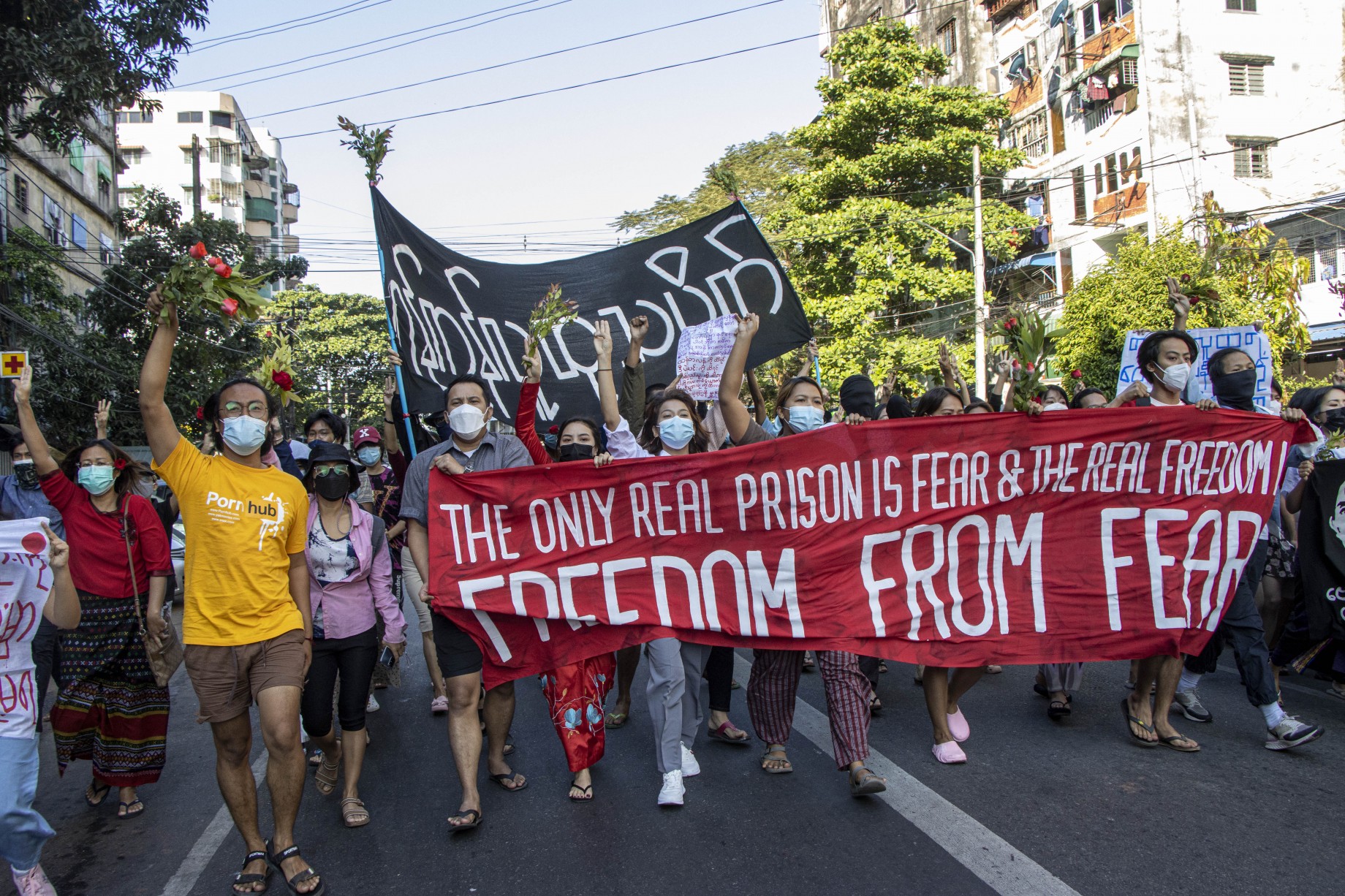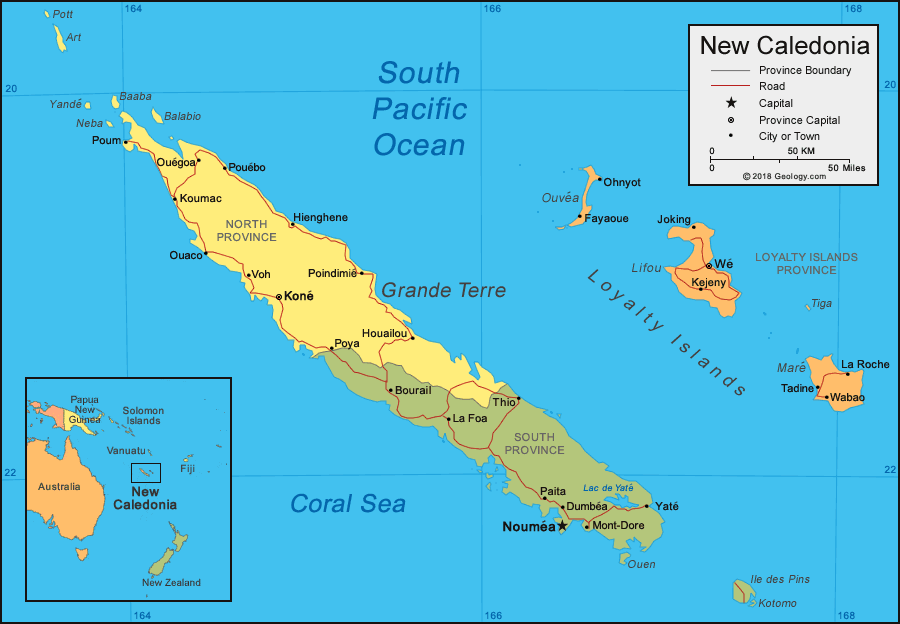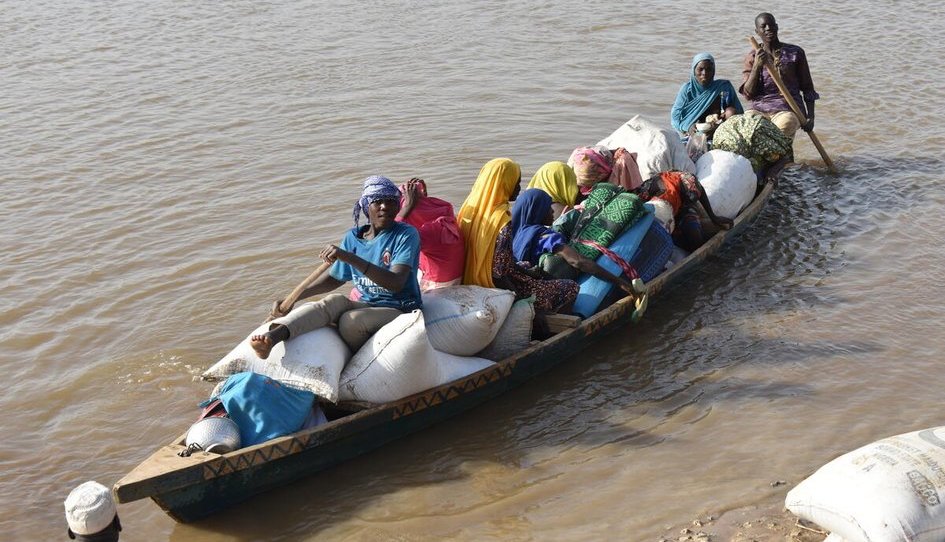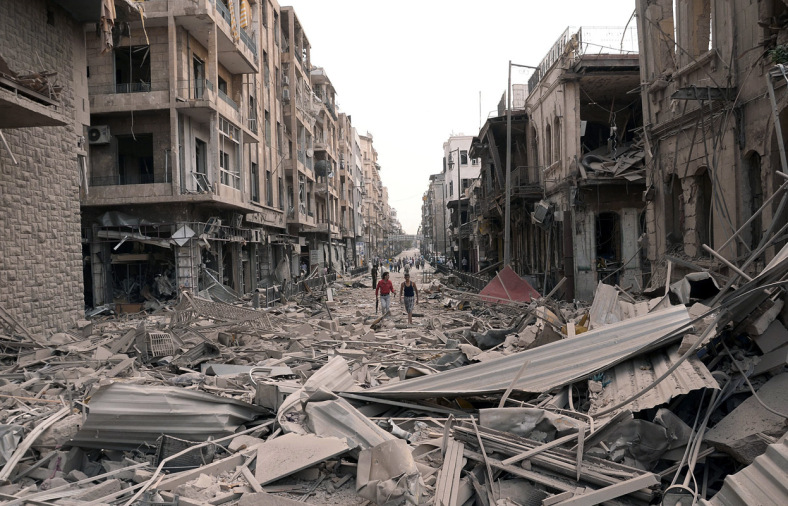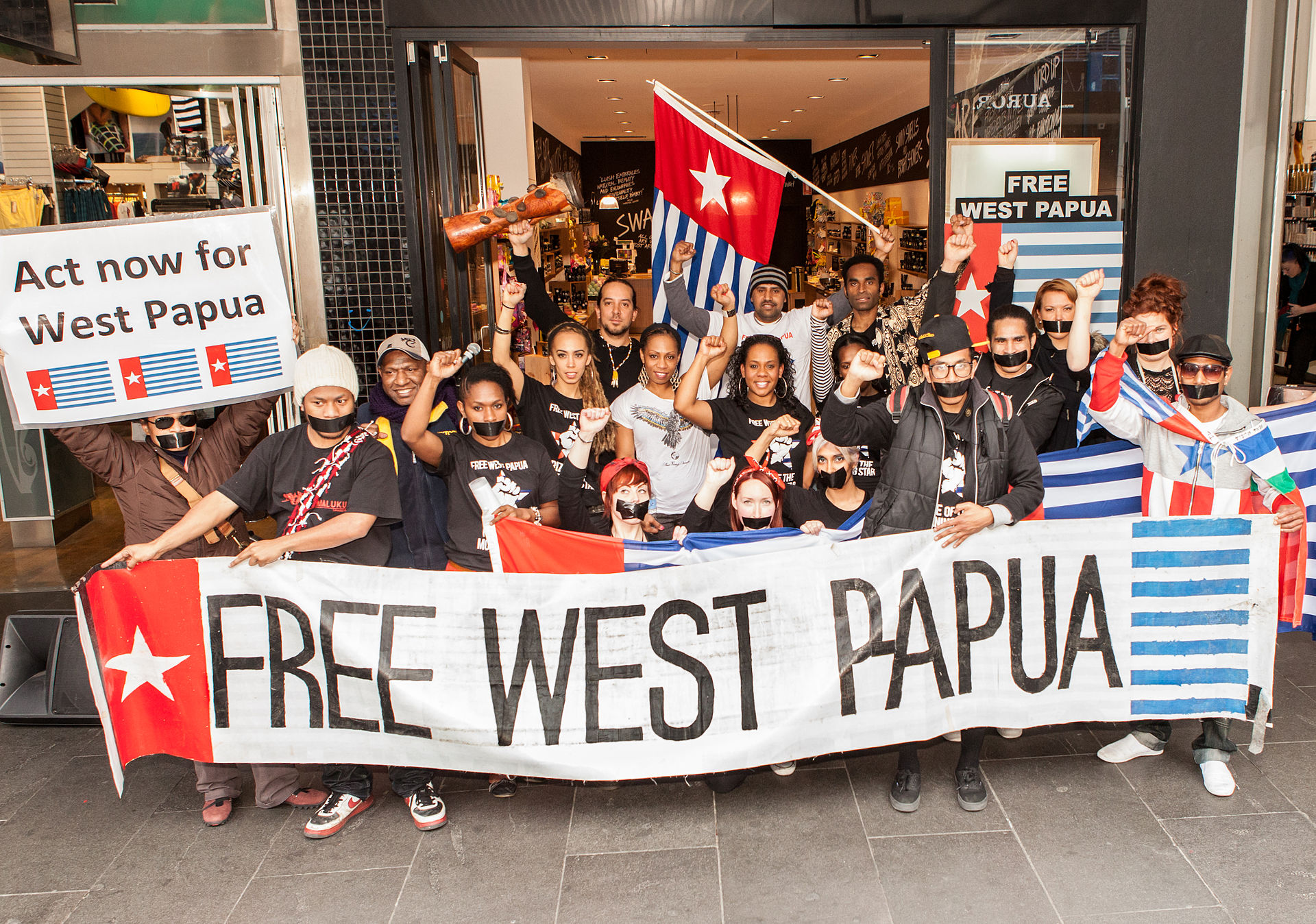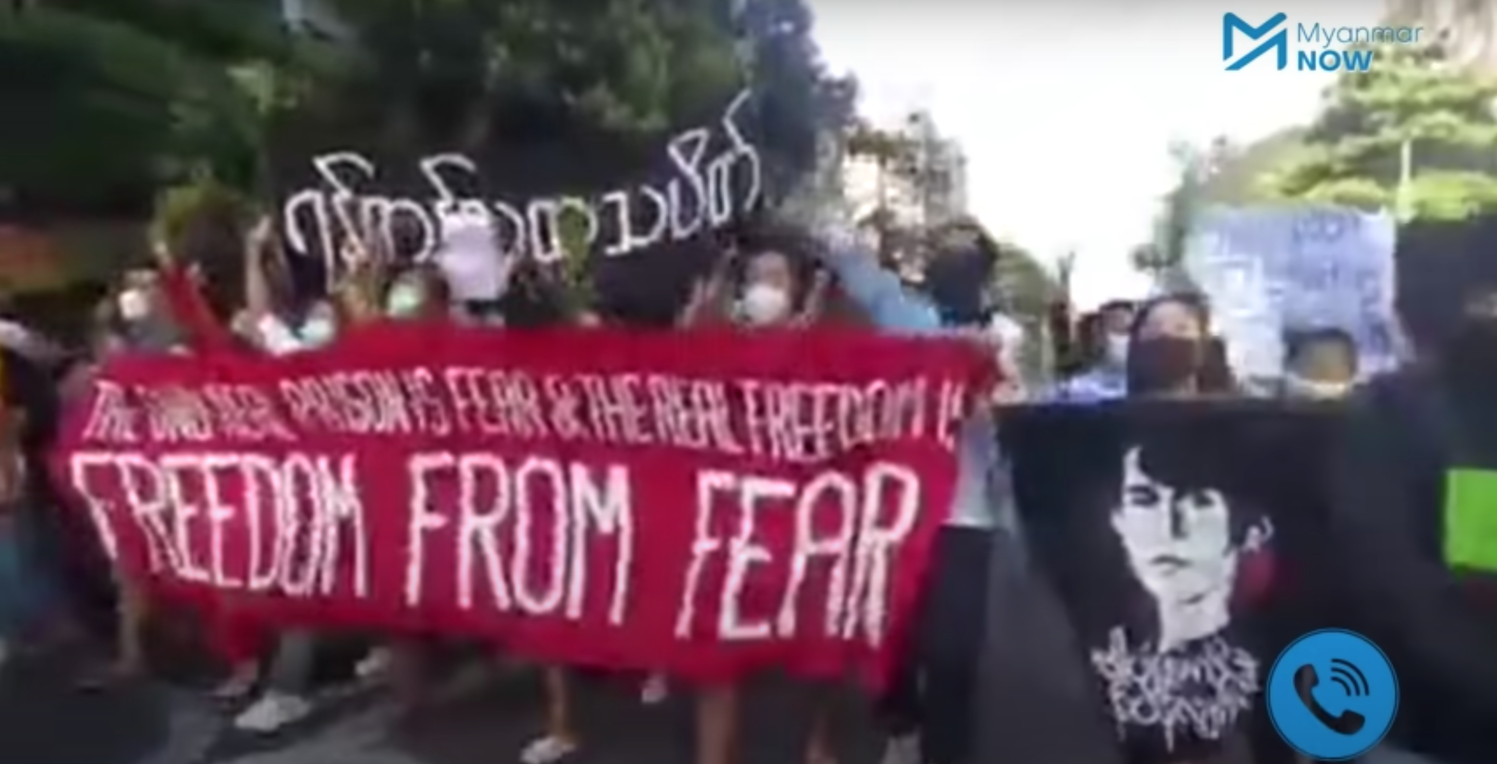
Rapid nuclear escalation, East and West
Russia’s Deputy Foreign Minister Sergei Ryabkov warned that Moscow will deploy intermediate-range nuclear weapons if NATO does not accede to demands to stop arming Ukraine and guarantee an end to eastward expansion of the alliance. His remarks come amid tensions over Russian military movements near Ukraine’s borders, where the Kremlin is estimated to have amassed some 100,000 troops. Amid similar tensions over Chinese incursions into the Taiwan Strait, a Pentagon report warns that the People’s Republic is undertaking an expansion and “modernization” of its nuclear arsenal to “provide Beijing with more credible military options in a Taiwan contingency.” And the US is meanwhile replacing gravity bombs with digitally guided nuclear missiles on its new design of the F-35A fighter jet. (Photo of F-35A via Air Force Times)



